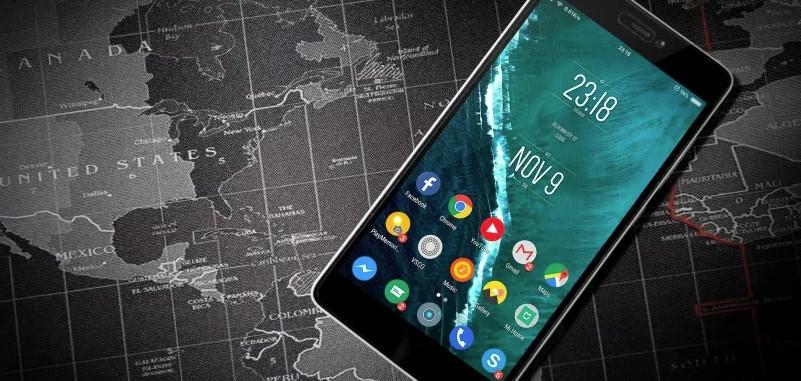A new lawsuit against Google filed on Thursday of last week raises interesting questions about whether or not the tech giant is "stealing Android users' cellular data allowances though unapproved, undisclosed transmissions to the web giant's servers".
The suit, filed in US federal district court in San Jose by 4 plaintiffs aims to be certified as a class action. It alleges that Google is using Android users' limited cellular data allowances to transmit information about the users unrelated to the use of Google services. The case surrounds "data sent to Google's servers that isn't the result of deliberate interaction with a mobile device", according to The Register.
In other words, data transfers happening in the background, when the phone isn't in use. The suit alleges that none of the four agreements accepted to participate in the Google ecosystem say anything about cell data transfers taking place in the background.
The suit states: "Google designed and implemented its Android operating system and apps to extract and transmit large volumes of information between Plaintiffs’ cellular devices and Google using Plaintiffs’ cellular data allowances."
It continues: "Google’s misappropriation of Plaintiffs’ cellular data allowances through passive transfers occurs in the background, does not result from Plaintiffs’ direct engagement with Google’s apps and properties on their devices, and happens without Plaintiffs’ consent."
The plaintiffs tested a new Samsung Galaxy S7 running Android and found that when it was left idle, it "sent and received 8.88 MB/day of data, with 94 per cent of those communications occurring between Google and the device."
The device was stationary with all of its apps closed, yet it still "transferred data to Google about 16 times an hour, or about 389 times in 24 hours". This amounts to about 4.4MB per day in data. At roughly $8 per GB of data, that amounts to about $1 owed by Google, per month, for data use, the suit alleges.
They found that an Apple iPhone only transmits about 10% of that.
Vanderbilt University Professor Douglas C. Schmidt performed a similar study in 2018, with Google's Chrome browser open, and found that Android devices made 900 passive transfers to Google over the course of just 24 hours.
The complaint alleges the transfers are part of Google's advertising business and that many relate to pre-loaded ads. It says: "Users often never view these pre-loaded ads, even though their cellular data was already consumed to download the ads from Google. And because these pre-loads can count as ad impressions, Google is paid for transmitting the ads."
The suit seeks damages for the cellular data costs going back "years" to when the practice began. You can read the full lawsuit here.
